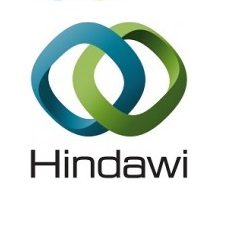4. Discussion
A majority of patients (>60%) surviving HSE suffer neurological disturbances that can include loss of smell (anosmia) and speech (aphasia), anxiety, and learning and memory impairments that can be severe despite antiviral treatment [3, 46]. In contrast, ~70% of neonates surviving HSV1 infection suffer permanent neurological impairment, exhibiting diverse symptoms including motor abnormalities such as hemiparesis and spastic quadriplegia, delayed speech, visual impairment or blindness, recurring seizures, and microencephally [47, 48]. The pathophysiological mechanisms responsible for neurologic dysfunction following HSV1 CNS infection are largely unknown. However, the finding that poor neurological outcomes are highly correlated with delayed ACV treatment has been interpreted as evidence that viral-replication-triggered events are casually involved [2]. We exploited delayed administration of antiviral and/or anti-inflammatory drugs to develop a novel mouse model to facilitate studies to elucidate the mechanisms underlying neurological dysfunction resulting from HSV1 CNS infection. Following bilateral ocular infection, all resistant B6 mice developed HSE symptoms and brainstem inflammation that remarkably were absent in mice unilaterally inoculated with the same dose of virus. Although, currently, we cannot explain this difference in pathogenesis, bilateral inoculation of B6 mice nonetheless allowed us to address the role of CNS inflammation in HSV1-induced neurological deficits.








